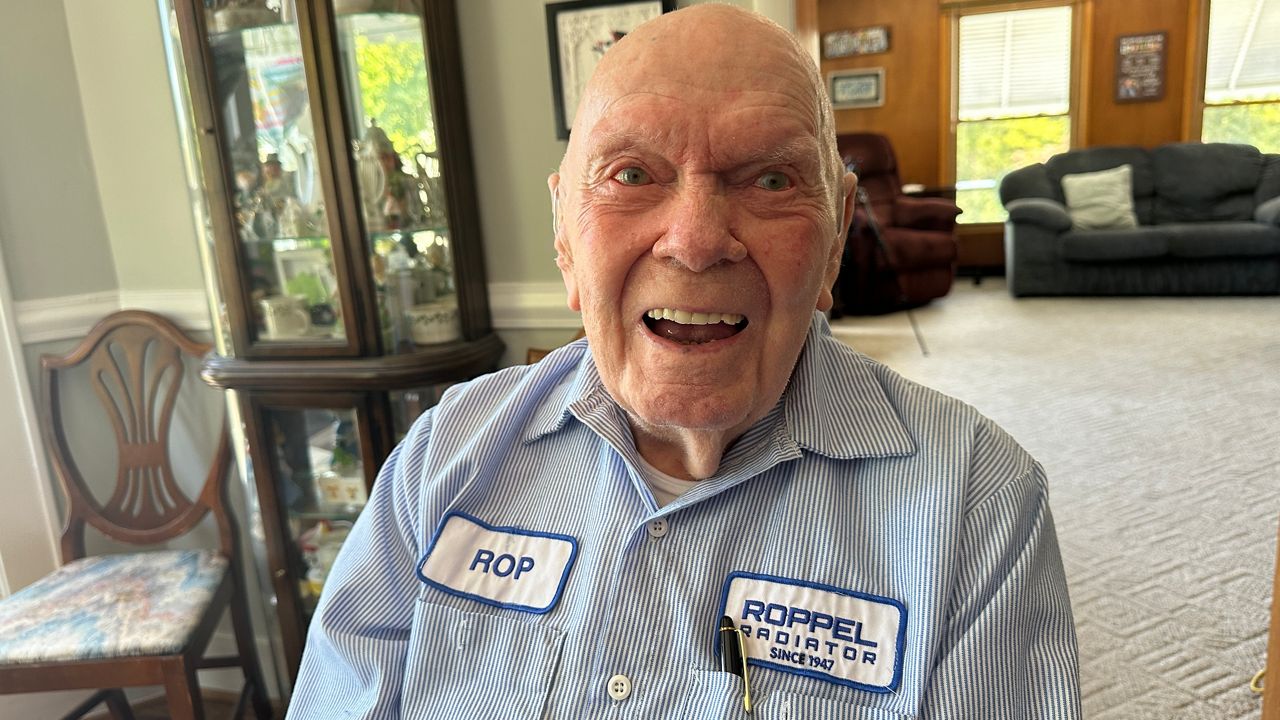LOUISVILLE, Ky. — Many Kentuckians work under a non-compete clause, meaning their contract prohibits them from working for a rival company.
However, the Federal Trade Commission (FTC) voted 3-2 Tuesday to ban companies from enforcing the agreement in most cases. Commissioners said the agreement violates Section 5 of the Federal Trade Commission Act.
The FTC estimates about 20% of Americans are working under a non-compete agreement such as people working as doctors, hairstylists and in warehouses.
Jose Fernandez has taught at the University of Louisville for 16 years. The economics professor and chair of the economics department said the ban could give more options for employment for people who work in industries such as restaurants and financial services.
“Think of dance instructors or things like that," Fernandez said. "They all have these non-compete issues with them because the firm is scared that you will leave them and open up your own shop."
FTC commissioners who voted in favor of the ban believe it will result in reduced health care costs, new businesses, increased innovations and higher working earnings.
Fernandez said he thinks the ban will encourage more people to join industries where non-compete agreements were once common.
“I think it will make it a little bit more profitable for those people (who) want to come into the industry," he said. "I also think that firms themselves may be asking for more from their workers, simply because now they don't want to put as much time and effort into training into you.”
The U.S. Chamber of Commerce has already filed a lawsuit against the FTC, stating the decision “… is not only unlawful but also a blatant power grab that will undermine American businesses’ ability to remain competitive."
“I think you're going to see a lot of discussion in some of the legal action that's already been taken against this rule-making going to be not just about how this impacts the competitiveness of American business but also whether or not it's something that is authorized and allowable by this regulatory agency in making this decision,” said Kate Shanks, Kentucky Chamber of Commerce senior vice president of public affairs.
Shanks said businesses can talk to an attorney about alternatives they can take if they are concerned with the ban.
The ban will take effect 120 days after the rule is published in the Federal Register. After it takes effect, reports about suspected rule violation can be sent to the Bureau of Competition.










